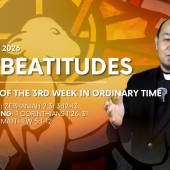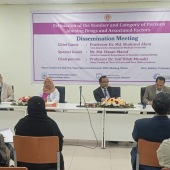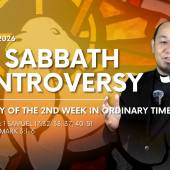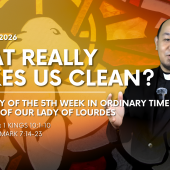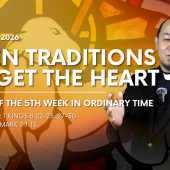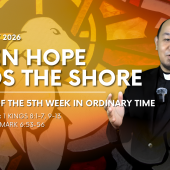Glorifying God by Restoring Human Dignity!
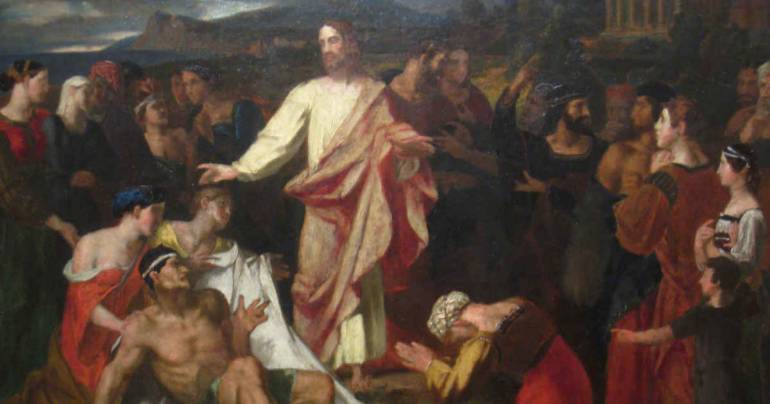
October 30, Monday of the Thirteenth Week in Ordinary Time
Daily Readings: Romans 8:12–17; Luke 13:10–17
The mention of ‘Sabbath’ is an indication that Jesus intends to establish its true meaning.
The rest and leisure intended for the Sabbath day were meant to prioritize the praise and worship of God. However, by defining even humanitarian acts as ‘work,’ the Jewish authorities robbed the Lord’s Day of its original meaning. As a result, kindness and compassion toward those in need on the Sabbath were interpreted as going against the purpose of the Sabbath itself.
The description of the crippled woman is heartbreaking: she was ‘crippled for 18 years, fully bent over and incapable of standing erect.’ The situation beckons Jesus’ compassion.
Jesus' righteous rage drives him to help the woman. He is upset because they modified the Sabbath for their explanation. Even though God created us in his image, Jesus finds it offensive that the Sabbath interpretation permits them to lead the animals for watering but forbids the healing of a hurting human.
The fact that cruelty and oppression are meted out to humans in the name of God infuriates Jesus, and he responds to the situation by performing the cure.
By his compassionate act, Jesus is making them understand that the other name for God is humanity, and God remaining ousted in any act of piety only amounts to idolatry. Jesus helps them see their spiritual blindness.
Through today’s gospel, Jesus facilitates our understanding that nothing glorifies God better than restoring one’s human dignity. Jesus’ priority to heal the crippled woman declares his intention that humanity cannot wait for better times.
Let us pray for the grace to glorify God’s name by enabling humanity to thrive to its fullness!
Radio Veritas Asia (RVA), a media platform of the Catholic Church, aims to share Christ. RVA started in 1969 as a continental Catholic radio station to serve Asian countries in their respective local language, thus earning the tag “the Voice of Asian Christianity.” Responding to the emerging context, RVA embraced media platforms to connect with the global Asian audience via its 21 language websites and various social media platforms.









